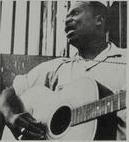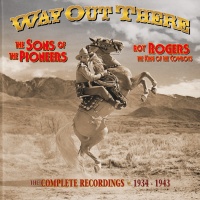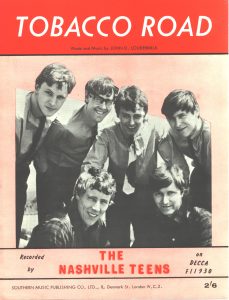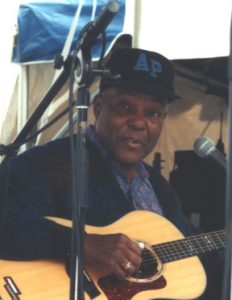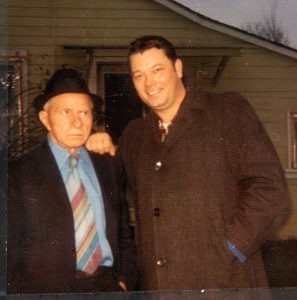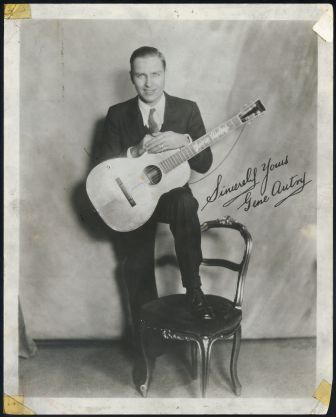 On this date 102 years ago Gene Autry, “The Singing Cowboy”, was born in Tioga Springs, Texas. While perhaps best remembered today as a movie cowboy and the singer of holiday classics like “Rudolph the Red-Nosed Reindeer” and “Here Comes Santa Claus”, Autry’s success began in the early thirties as “The Oklahoma Yodeling Cowboy”, singing country songs in the style of Jimmie Rodgers, as you can hear in this clip of “The Cowboy Yodel”, from the Bear Family box set That Silver Haired Daddy of Mine (SFC CD-6008), collecting his 1929-1933 recordings: Cowboy Yodel
On this date 102 years ago Gene Autry, “The Singing Cowboy”, was born in Tioga Springs, Texas. While perhaps best remembered today as a movie cowboy and the singer of holiday classics like “Rudolph the Red-Nosed Reindeer” and “Here Comes Santa Claus”, Autry’s success began in the early thirties as “The Oklahoma Yodeling Cowboy”, singing country songs in the style of Jimmie Rodgers, as you can hear in this clip of “The Cowboy Yodel”, from the Bear Family box set That Silver Haired Daddy of Mine (SFC CD-6008), collecting his 1929-1933 recordings: Cowboy Yodel
By the time of his death at the age of 91, the former railroad station telegraph operator who sang “I have no cares like millionaires/ no grief to make me blue” had gone on to become one of the richest men in America, the owner of radio stations, Hollywood production studios, and a major league baseball team.
Additional Gene Autry recordings and material can be found in the SFC 78 rpm Recordings Database, the SFC Song Folio Collection (above), and the Library catalog.



